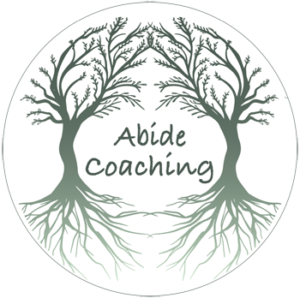Sometimes when I ask a new client to tell me what he/she knows about ADHD, he/she can’t really tell me. Some just say, “I can’t focus on anything.” But that isn’t really the whole truth. When I change the questions to “what is challenging for you?” I tend to get responses like: I procrastinate, I am overwhelmed, I don’t know what I should do first, I am bored, nothing motivates me, I can’t stick with anything, and I have no self-discipline. These are all parts of ADHD and from a negative point of view.

If you found out you or a loved had cancer or diabetes, you would want to learn as much as you could about that diagnoses. You would seek out medical treatments – therapy, coaching, medications. Learning how and why they work for the diagnose. So why not for ADHD. It is the most common genetic disorder passed on to children. (I am not saying you have to medicate your child/teen but I am saying that it makes a huge difference in my child’s life and in the lives of my clients who choose to take it. All of my high school, college and young adult clients have chosen to take medication for the benefits).
We are not our diagnoses. Without understanding ADHD, people including children and teens tend to think symptoms of ADHD are negative character flaws.
For students, understanding their ADHD allows them to look at themselves through a different lens. It is not a label but an explanation of what is going on. I ask students what their strengths are, what their values and needs are, what gifts they have. And there are plenty but schools often drain students’ energy by focusing on what the struggles are. The challenges are important to find a creative workaround using strengths but not the whole picture.
A student with a diagnosis also could be eligible for accommodations. It is just leveling the playing field and no one has to know if he is uncomfortable about it. He will benefit from these accommodations only if someone asks him what accommodations would be helpful. There are standard ones that tend to just be handed out. Before an IEP or 504 meeting, you and your child should think and talk about what would be helpful. You should do this every year because what is helpful in 2nd, 6th and 10th grades is going to be different as school expectations and your child changes.
A bigger benefit is that you and your child will understand what is going on. You will understand that transitioning from break time to homework time truly is difficult. You will also understand that maybe there are certain conversations you should only have when your child’s medication is working. Plus many many other things. Your child/teen will understand that there are certain habits that help them perform better. Your child/teen will understand that they need to avoid distractions, maintain systems and rest as needed. Your child/teen will learn about her gifts. Most of all your child/teen will learn that she isn’t her diagnoses.
There are plenty of gifts from ADHD. For example, people with ADHD tend to:
- Think outside the box
- Come up with creative solutions
- Think globally
- Be energetic
- Be spontaneous
- Be able to hyperfocus (if used the right way a positive thing)
- Be resilient
- Have a good sense of humor
- Be generous
- Be great conversationalist
- Be willing to take risks (if used the right way a positive thing)
- To have a strong value of fairness
- Be compassionate
Those are some great gifts that aren’t taught in schools!
When a client or their parents want to learn most I tend to suggest videos or books by one of these three experts: Russell Barkley, Thomas Brown or Ari Tuckerman. They are a good place to start but understanding your’s requires you to be aware.
